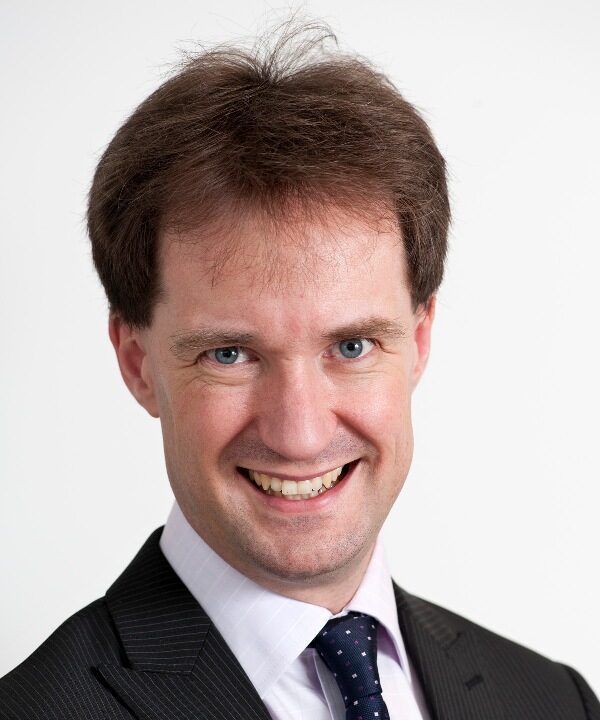
Tackling health inequalities in breast cancer
Simon Vincent
- Health inequalities
The inequalities in breast cancer
Around 55,000 women and 400 men every year in the UK learn the devastating news that they have breast cancer.
Everyone’s experience of breast cancer is different. And those experiences can vary greatly between different groups of people.
We know the incidence of breast cancer is lower in some ethnic groups such as South Asian, Black and Chinese women, compared to white women. However, these women are diagnosed with breast cancer at younger ages, at later stages, and have lower survival rates and poorer experiences of care.
And this is only one example. We know that other disparities exist in breast cancer, whether for those living in deprivation or with a disability, or within certain ethnic minority and LGBTQ+ groups.
To tackle these, we need more medical research, better data, truly inclusive awareness and health programmes, more funding, and tailored support. And we need to be influencing for change in all these areas.
The action we’re taking now
Charities like Breast Cancer Now, whose work covers research, support, information and influencing, are in a strong position to take on this challenge. But we can’t do this alone. Crucially, we must be guided by and involve the voices of those in the communities that need our support, and work in partnership with others.
For instance, we know that breast screening is a key tool in diagnosing breast cancer early, but there are challenges for people attending, because of accessibility issues, a lack of tailored information, and societal and cultural barriers. So as part of our #notimetowaste campaign we’re calling for policy changes to make breast screening more inclusive. And we’re doing this alongside organisations representing underserved communities, including Black Women Rising and Disability Rights UK.
We’ve tailored our public health messages and information for different communities, including using a variety of skin tones. Our public health talks are available in 13 languages. Our health information and awareness campaigns now reflect a more diverse group of people affected by breast cancer. Our long-standing Someone Like Me support service continues to match people with breast cancer with individuals who’ve had a similar life experience.
We’re backing this all up with more research. Breast Cancer Now’s Inequalities Grants support researchers are trying to understand and address inequalities in breast cancer, such as Professor Robert Horne and his team at University College London. They are looking at the challenges faced by black women during treatment and care, particularly their experience of hormone therapy.
Working together to deliver long-term change
Tackling health inequities is a long-term challenge. In some areas, these inequities are so long-standing, so engrained, there is a huge amount of change needed across sectors.
Underpinning this all is the need for comprehensive, robust data for different communities and groups. This is certainly the case for breast cancer, and we are currently calling for this to be collected for breast screening. We’re also involved in work with other cancer charities to map the data landscape on inequalities.
We have also spent time thinking about the communities that we can work with, and how we work with them and what changes we can deliver now and in the future. Like many National Voices members, we’ll continue to fund research, campaign, and support people.
Our ambition is that everyone diagnosed with breast cancer lives and lives well, and that we’re here for everyone affected by breast cancer. But if we really mean that ‘everyone’, all the work of the charity – including our own ways of working – we need to focus on diversity and inclusion and meet the challenge of health inequities.
Get in touch if you’re interested in supporting what we are doing.
Biography
Simon Vincent has over 20 years’ experience with major UK medical research and support charities. After several roles at Cancer Research UK, he is now Director of Research, Support and Influencing at Breast Cancer Now, leading on services, policy and influencing, and research and health information, to support all those affected by breast cancer.